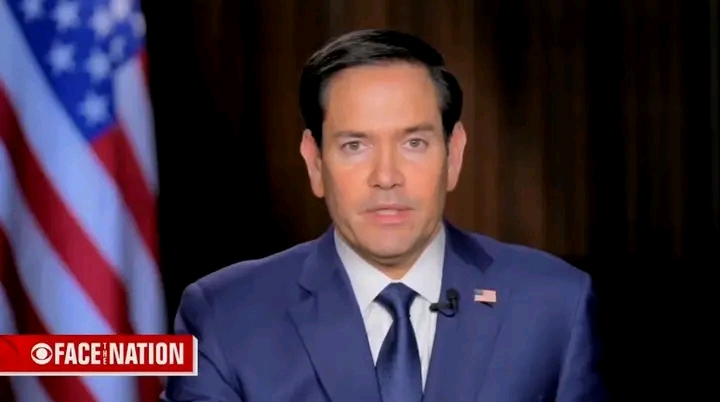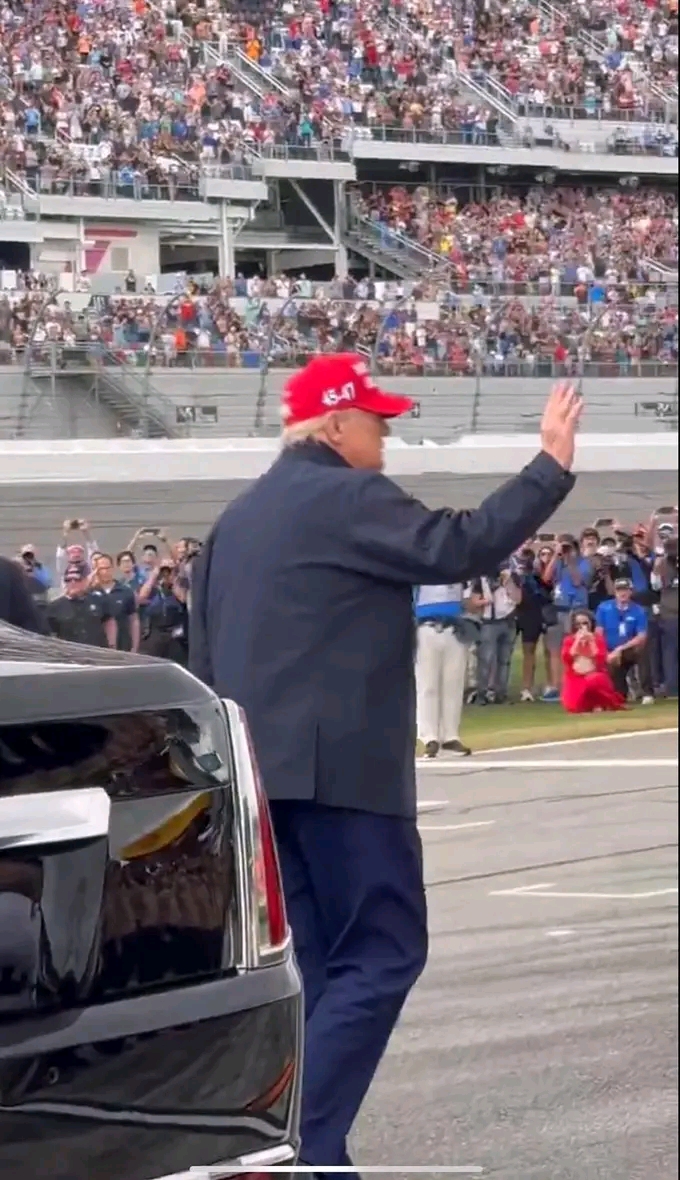Trump Seeks Supreme Court Approval to Dismiss Ethics Agency Chief Amid Legal Battle**
In a bold move that could redefine the boundaries of presidential authority, former President Donald Trump has turned to the U.S. Supreme Court to challenge his ability to fire the head of an independent federal ethics agency. The agency, known as the U.S. Office of Special Counsel, is tasked with safeguarding whistleblowers and ensuring ethical conduct within the government. Trump’s emergency appeal seeks to overturn a lower court’s decision that temporarily blocked the dismissal of Hampton Dellinger, the agency’s current leader.
Dellinger, who was appointed by President Joe Biden, was abruptly terminated earlier this month via a one-sentence email. He swiftly filed a lawsuit, arguing that his removal violated federal laws designed to protect the heads of independent agencies from arbitrary dismissal. According to the law, such officials can only be fired for reasons like neglect of duty, inefficiency, or malfeasance. A federal judge in Washington, D.C., sided with Dellinger, issuing a temporary injunction that allows him to remain in his position while the legal battle unfolds.
The case has sparked a heated debate over the extent of presidential power, particularly when it comes to independent agencies meant to operate free from political interference. Trump’s administration has argued that the lower court’s decision infringes on the president’s executive authority. In a filing to the Supreme Court, acting Solicitor General Sarah M. Harris contended that no court in U.S. history has ever forced a president to retain an agency head against their will. The conservative-leaning Supreme Court is now poised to weigh in on this unprecedented legal showdown.
This case is just one of many legal challenges stemming from Trump’s sweeping executive actions during his presidency. His efforts to reshape the federal workforce have been met with significant resistance, both in the courts and among government employees. Over the past few months, thousands of federal workers have been dismissed, including inspectors general and employees across various agencies. Many of these terminations have been criticized as politically motivated, raising concerns about the erosion of institutional safeguards.
As the legal drama unfolds, the outcome of this case could have far-reaching implications for the balance of power between the executive branch and independent agencies. It also underscores the ongoing tensions between Trump’s aggressive approach to governance and the legal and institutional frameworks designed to check presidential authority. With the Supreme Court now at the center of this high-stakes battle, the decision could set a precedent for future administrations and their ability to influence independent agencies.





